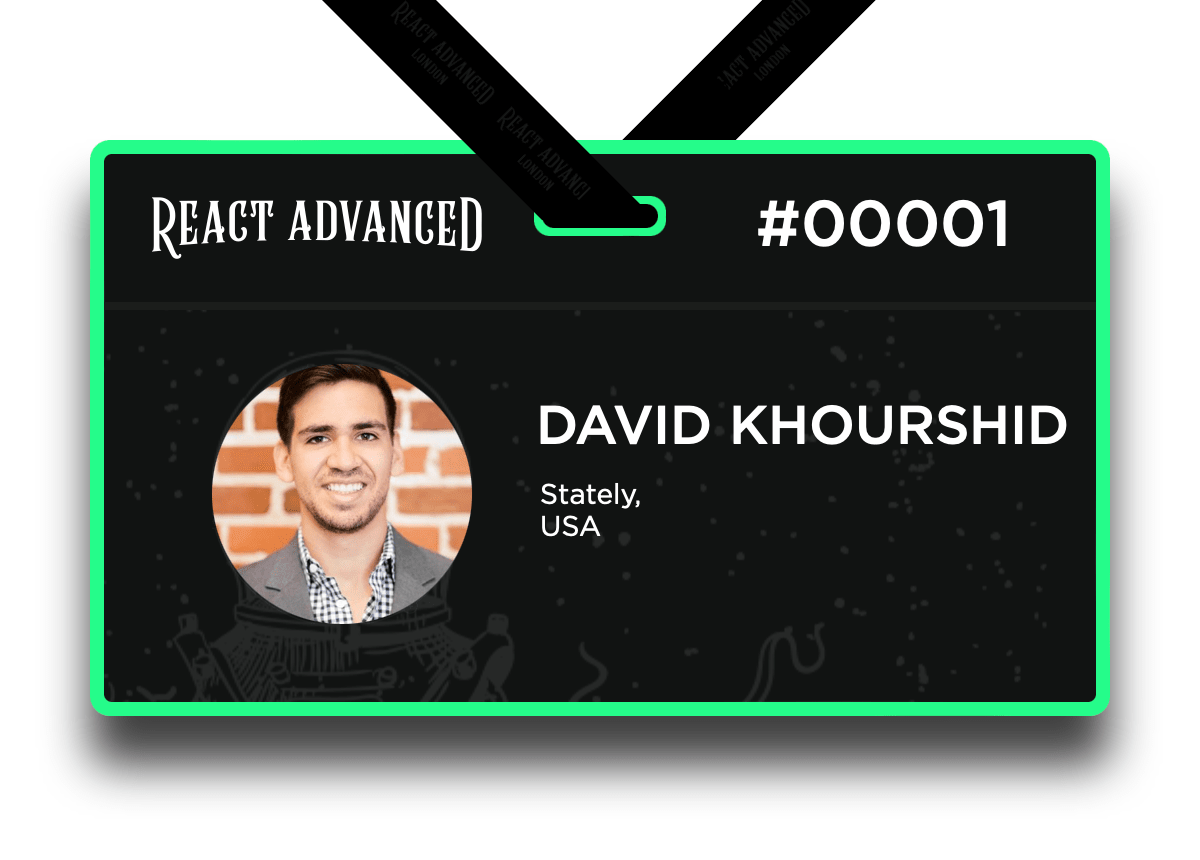React Newsletter #332
New React Native release, CSR vs SSR, and Hyper Fetch
This week's issue is sponsored by React Advanced Conference.
The React Advanced Conference is happening in London on October 21 and 24, and it's free to tune in online. They've got 60+ expert speakers who will be speaking about advanced React topics only. It's a great opportunity to dive deep into all things React and learn about what the future of React looks like.
👉 Claim your free online ticket.
News
React Native 0.70
This new version comes with a new unified configuration for Codegen, Hermes as the default engine, full CMake support for Android builds, and updated docs.
Articles
Client-side rendering vs. SSR
Almog Gabay created this in-depth case study of CSR, which explores the potential of client-side rendered apps compared to server-side rendered ones.
Moving House to Next.js
Timothy Beamish writes about the process of updating his company's legacy React app (an AI-assisted web app used by scientists to search large bodies of domain-specific info). The original app was built in the early days of React (2015), and they upgraded it to include Next.js, TypeScript, and a brand new UX.
Why React Contexts Are Great and Why We Didn’t Use Them
In this article, Allen Janyska writes about useContexts and how he started using them in a project before ultimately transitioning to component props instead. He writes about the reasons for making that change and what he learned in the process.
Sleuth.io is the best way to improve engineering efficiency
Sleuth doesn't try and track "developer productivity" -- because that doesn't work and developers hate it. It captures your team's collective DORA metrics, to help you measure and improve team performance overall. That's probably why great engineering org's like Atlassian use it. [sponsored]
Why Storybook in 2022?
Dominic Nguyen breaks down the what, how, and why behind Storybook to help you decide whether it’s right for you.
React Error Boundaries: A Complete Guide
This article covers how to implement Error Boundaries in your React app, from simple error catching to displaying visual feedback and providing retry mechanisms.
Framer Motion examples for React animations
Prince Joel discusses Framer Motion's functionality, installation process, and usability by using it to animate various text and images. A helpful intro to Framer Motion if you haven't used it before.
Projects
Hyper Fetch
A backend agnostic fetching framework for any JavaScript/TypeScript environment, which comes with a lot of functionality -- data exchange, async state management, complex persistance, queueing and more.
Mailing
Mailing lets you build, test, and send emails with React. It plays well with Next.js, Redwood, and Remix, and it's written in TypeScript.
Styled Components v6.0 beta
The Styled Components team has released three beta releases of v6.0 in the last week with new refactors, bug fixes, and build size optimizations. Look out for a stable v6 launch to be coming soon.
